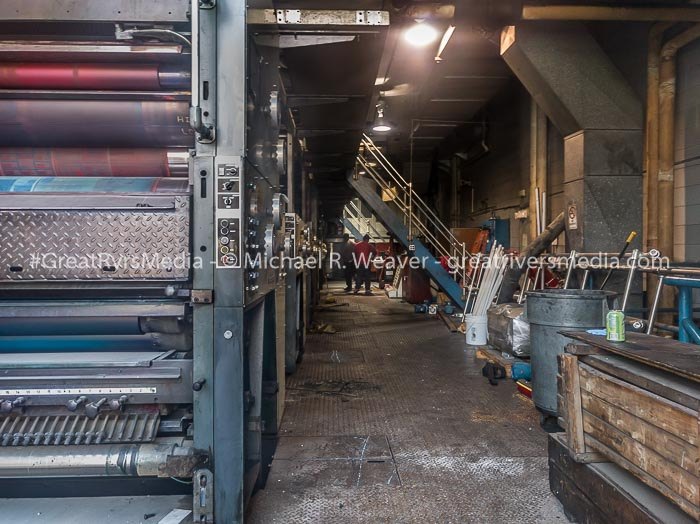
DENVER - Last month, the Denver Post announced it was firing a third of its newsroom staff. The layoffs are the latest in a series of downsizing moves at the paper.
The Post has hardly been the only local newspaper to experience such cuts. Digital First Media, which owns the Post along with nearly 100 other newspapers, has slashed staffing numbers at several other papers, including the San Jose Mercury, the Orange County Register, and a few local papers in Pennsylvania. Digital First has also recently acquired the Boston Herald; similar layoffs may be on the way there.
It would be easy to lay responsibility for this trend at the feet of Digital First, but it's just following a trend that's been going on for decades: With advertising revenue all but dried up, both local and national newsrooms are in big trouble. (Denver's other major newspaper, the Rocky Mountain News, shuttered in 2009 after 150 years of coverage.)
Short-staffed newspapers can often rely on wire services to cover national and international events, sports, and weather. But tracking the events in state legislatures, city councils, local labor unions, police departments, courthouses, and schools requires recruiting, training, and retaining skilled reporters. That's becoming increasingly hard to do.
The consequences of this decline in local news are not always immediately obvious, but over time they become more evident—and dramatic. Healthy local news coverage provides a watchdog microscope on state and local government. Government meetings are almost invariably open to the public, but this does little good if no one outside the government actually attends. News reporters are the ones incentivized to look for scandals—mismanaged funds, favoritism, abuse of power, graft, waste, and so forth. Who will catch these abuses if reporters aren't present in the room? Who will deter public officials from engaging in any lecherous activities?
Declining news coverage can also undermine representation. At least one study has found that legislators tend to better represent their districts when the media provides better coverage of those constituents. Weaker news coverage also results in a less engaged citizenry, and one that's less knowledgeable about politics.
People claim to be interested in local government, but they tend to be more attracted to national news stories; that's been a fact long before Donald Trump came to dominate political coverage. Local newspapers are the vehicle by which people might keep tabs over their legislators, and that vehicle has been steadily disassembled.
Now, the decline of local newspapers doesn't mean there's no information available about local politics and government. Television news coverage of local politics is limited but continues to exist. Newer news organizations with less traditional funding sources, such as Chalkbeat and Denverite, are able to provide some coverage and are, in some cases, hiring some of the reporters laid off from the traditional newspapers. But the central challenge remains: Coverage of local events remains as important as ever, but it's getting harder to do that job, and we're all worse off for it.
The author granted permission to use the above piece that was just featured in the magazine Pacific Standard. Pacific Standard is the award-winning magazine for readers interested in working toward forward-looking changes to private behavior and public policy. By combining research that matters with ambitious narrative and investigative reporting, Pacific Standard tells stories across print and digital platforms about society's biggest problems, both established and emerging, and the people attempting to solve them.